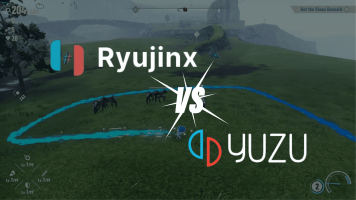Microsoft's games, as we've seen from recent ports of Hi-Fi Rush and Pentiment alongside future plans for Sea of Thieves and Grounded, are being given a new lease of life on rival hardware in a clear attempt to recoup costs that perhaps Game Pass simply isn't providing. We all love to praise the service for its generosity and vast library of offerings, but when you break down how much games cost and how long they take to make, maybe it's too good to be true.
Some of Xbox's upcoming first-party titles include Hellblade 2: Senua's Saga, Avowed, The Outer Worlds 2, Fable, Perfect Dark, and Everwild.
Recent reports that some developers and publishers are allegedly wary about supporting the platform in future because of the lack of dedicated players also speaks volumes. Most of us are playing on PS5 or PC, with Xbox making up a negligible percentage of sales to the point that the resources going into these versions simply aren't worth the cost. So why not leave this behind, much like so many others did decades ago when the Sega Dreamcast faded away?
If Xbox is currently "flatlining", then what does the future look like if it can't recover? Are we all staring down the barrel of a gaming world where Halo arrives on Sony and Nintendo devices while Microsoft foots the bill for development? It's possible, and could come to pass if Phil Spencer and company aren't able to conjure up a good strategy. But before we consider the many different possibilities, let's take a walk down memory lane.
The Sega Dreamcast first launched in Japan in September 1999, and after the lacklustre performance of the Sega Saturn and its inability to push 3D visuals as much as rivals like Nintendo 64 and PlayStation, it needed to come out swinging.
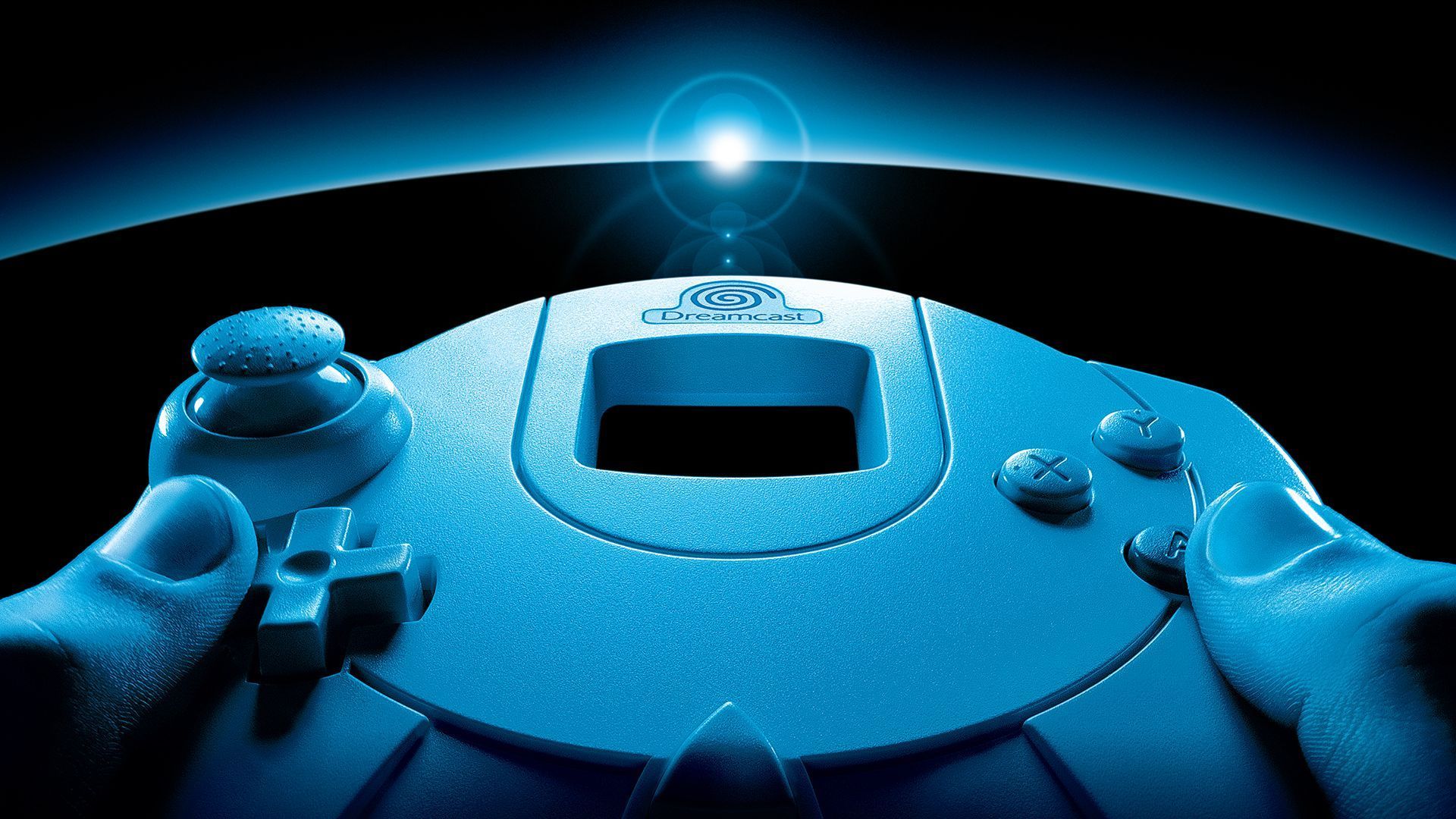
It did. Several months before the PS2's release, it launched with excellent launch games like SoulCalibur, Sonic Adventure, House of The Dead 2, and other classics. Some of these games still stand the test of time decades later, presenting a step into the future with excellent graphics or online features we'd never seen in the console space before. It was incredible, but Sega's past failures combined with the unparalleled success of Sony's machine meant that millions decided waiting for the PS2 was better than buying an entirely new machine instead.
The early months were positive with strong sales and word of mouth, while there wasn't any sort of rival to speak of until Sony and Microsoft came along. So Sega kept on trucking, but soon it became clear that many developers and publishers weren't all that interested in supporting them, while first-party exclusives were thin enough on the ground that early adopters had no games to keep themselves busy. After a while, they were even waiting for the PS2. That soon came along and remains the best-selling console of all-time with a library just as dense, something Sega knew it couldn't compete with. But it had to try, even if it was all for nothing.
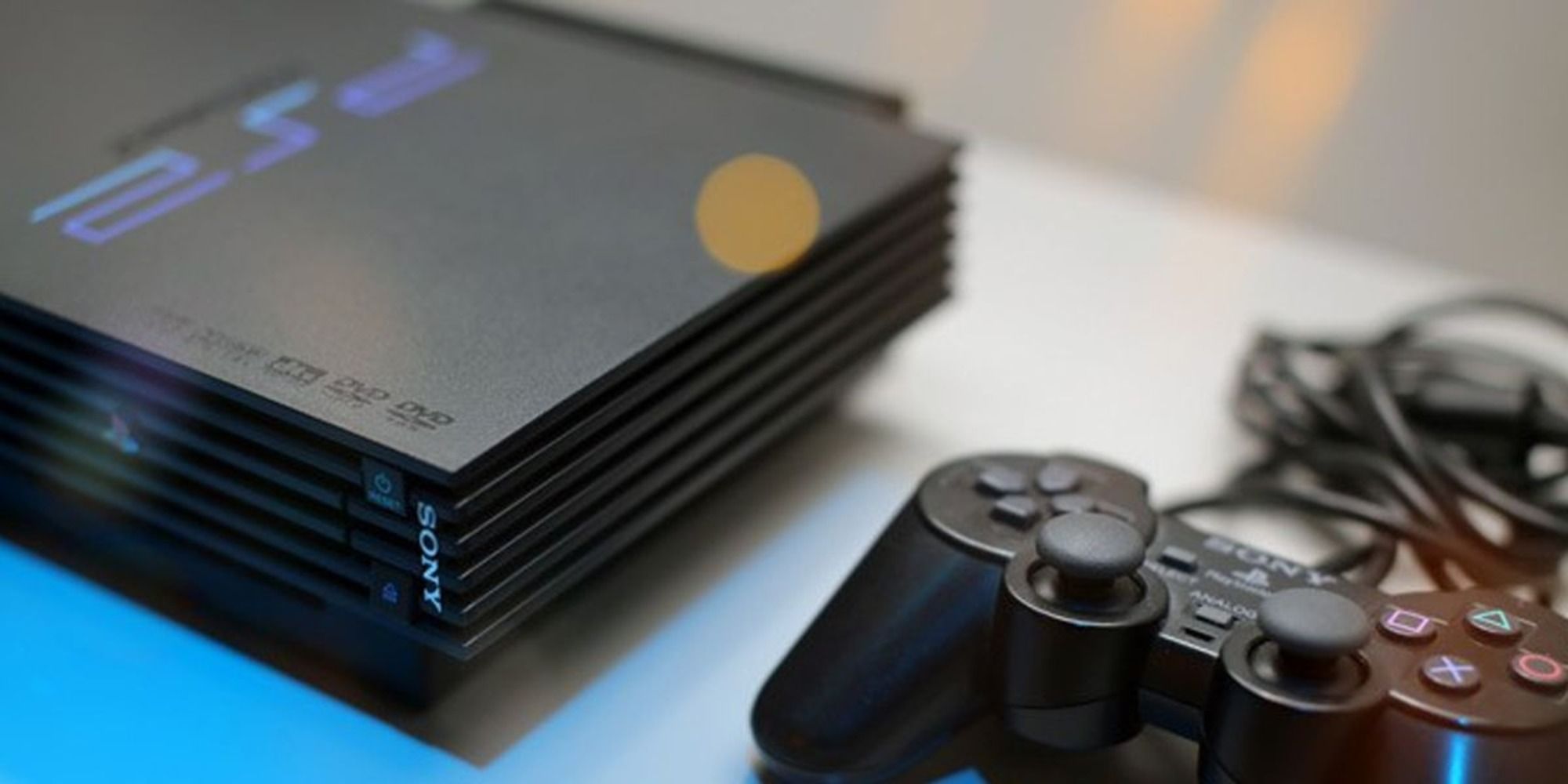
After EA pulled the plug, it went out of its way to develop its own football game which in a lot of ways eclipsed everything Madden was doing, but that just wasn't enough. Support was pulled only a few years into its lifecycle and Sega announced it would be pulling out of the console market entirely, transitioning to becoming a third-party developer and publisher in lieu of a new console. Decades of hardware domination faded away in a matter of moments, and at the time, I wouldn't be surprised if the public thought Sega was done for good.
It bounced back however, and despite a few rocky years, now appears stronger than ever with franchises like Sonic the Hedgehog and Like a Dragon attracting millions of players. It's hard to believe Sega was able to weather this storm, or make an effective transition without losing its identity, but somehow it was possible. There is a certain type of game I'll still describe as undeniably Sega for as long as I live, hallmarks you'd expect to see on their own platforms, even if they don't exist anymore. Maybe one day the same will be true for Xbox, but it's harder to tell when the future is still so murky.
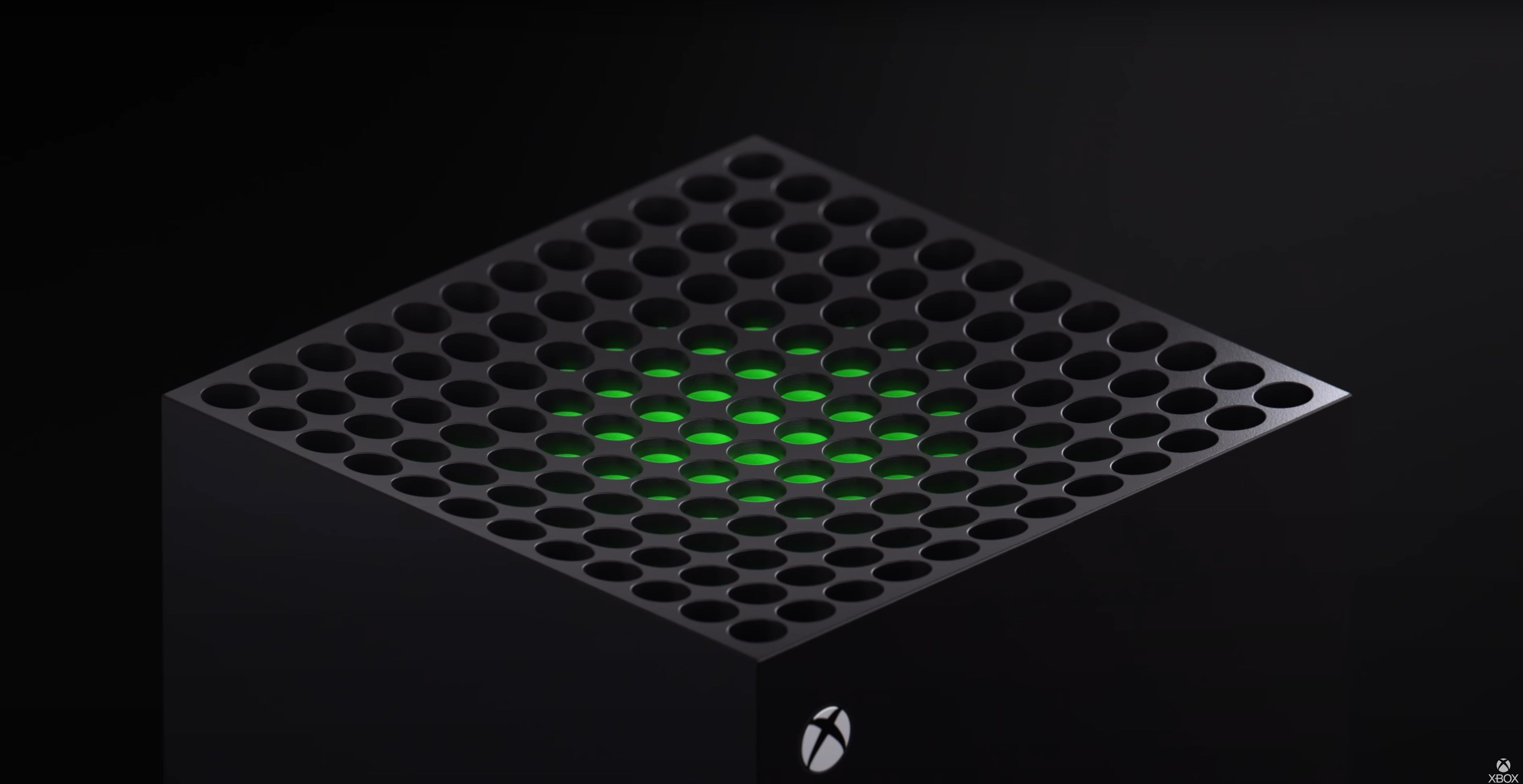
You might say that the emergence of cloud gaming and streaming services will eventually make the presence of traditional consoles irrelevant, and everyone will have to make a weird transition into newer pastures. I initially thought this would be Microsoft's strategy, but as it is already porting its own games to PlayStation and Switch in search of an audience its service is incapable of reaching, is that even realistic anymore?
There is no way to tell until more of this cookie crumbles, and we see which direction its rivals decide to walk in. There are more people eager to play on other platforms than boot up an app on their phone, which is the biggest obstacle Microsoft has to deal with right now. It has lost the console war, even with its best efforts over the past decade trying desperately to claw it back.
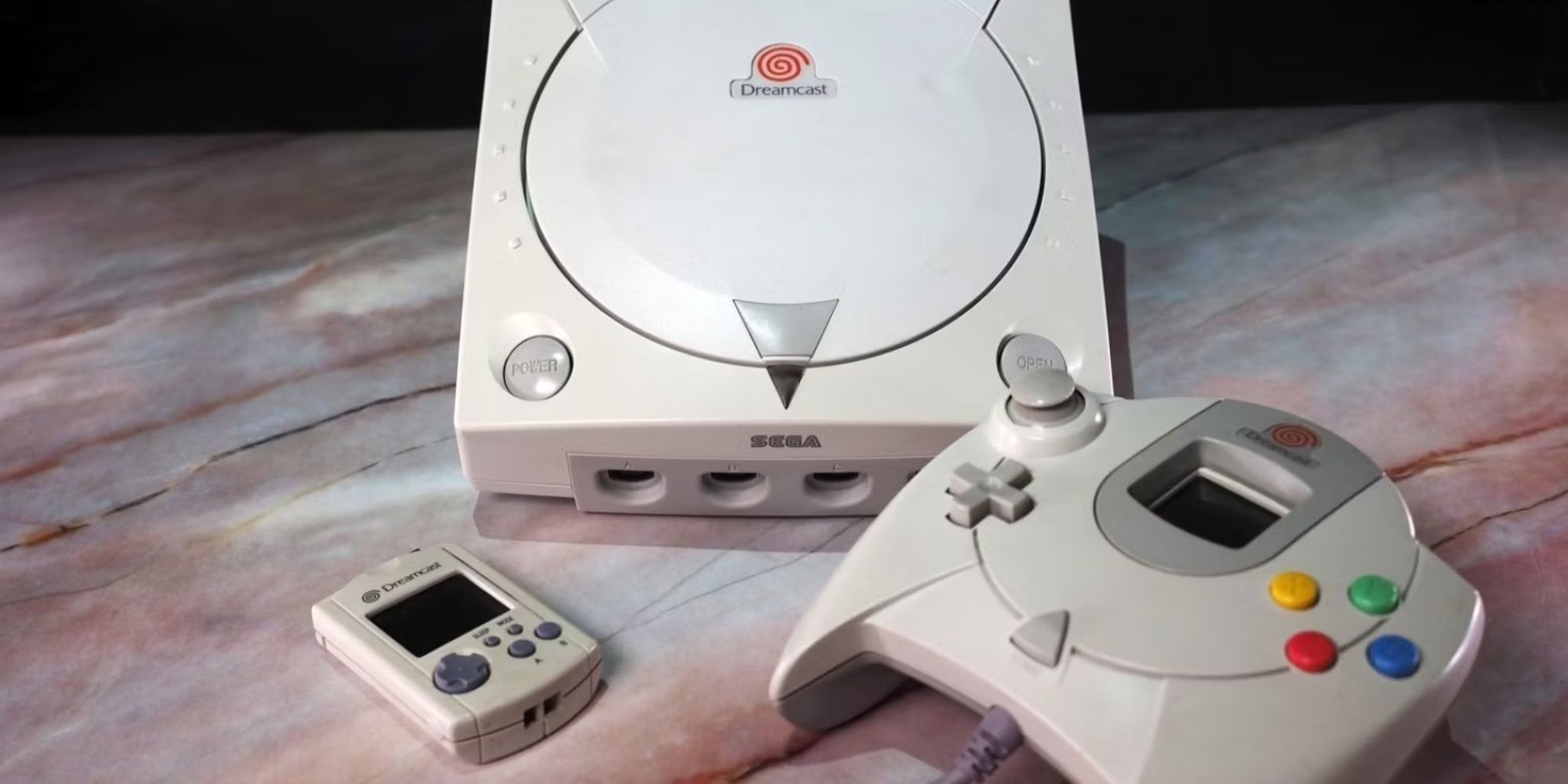
I wouldn't be surprised if the Xbox met the same fate as Sega and the Dreamcast, but it is still too soon to tell, and there are so many variants present today that we didn't have to consider 20 years ago. I'm not business savvy enough to know one way or the other, but it is clear that Xbox is currently moving through the tides of change, and who knows what it will bring.



